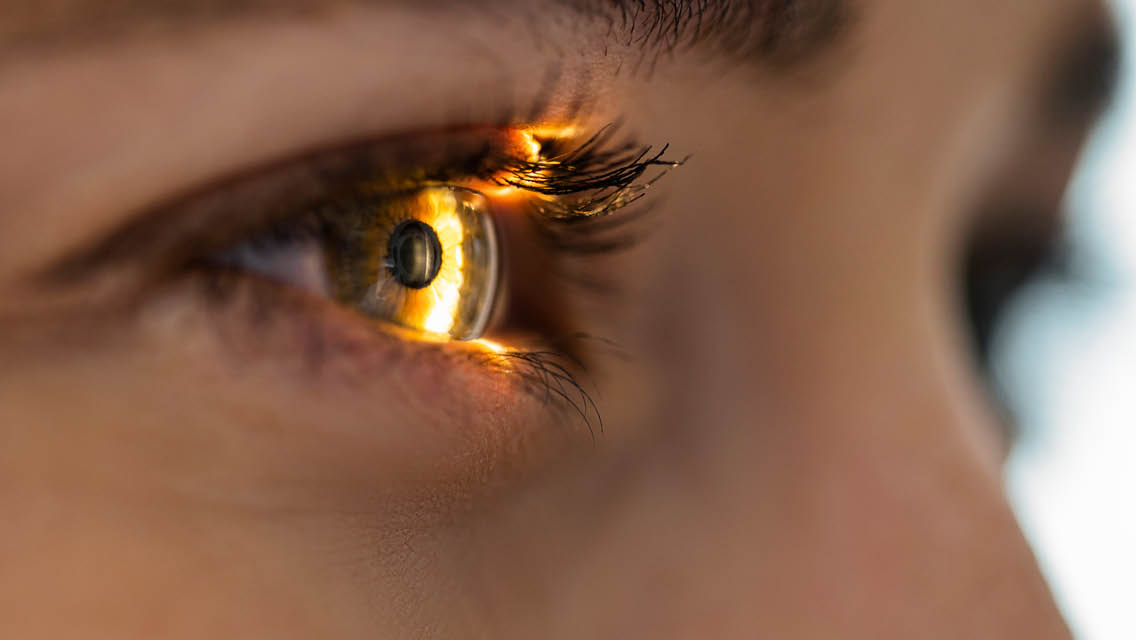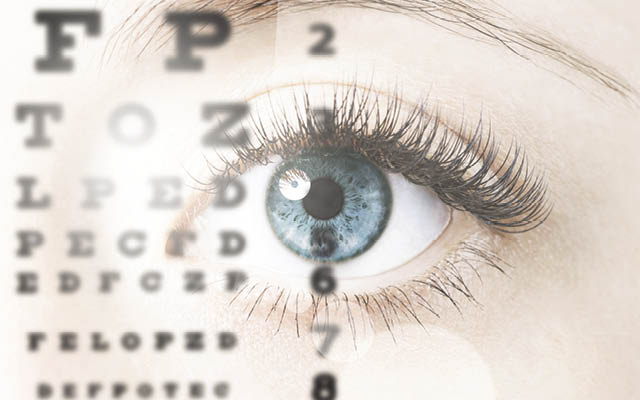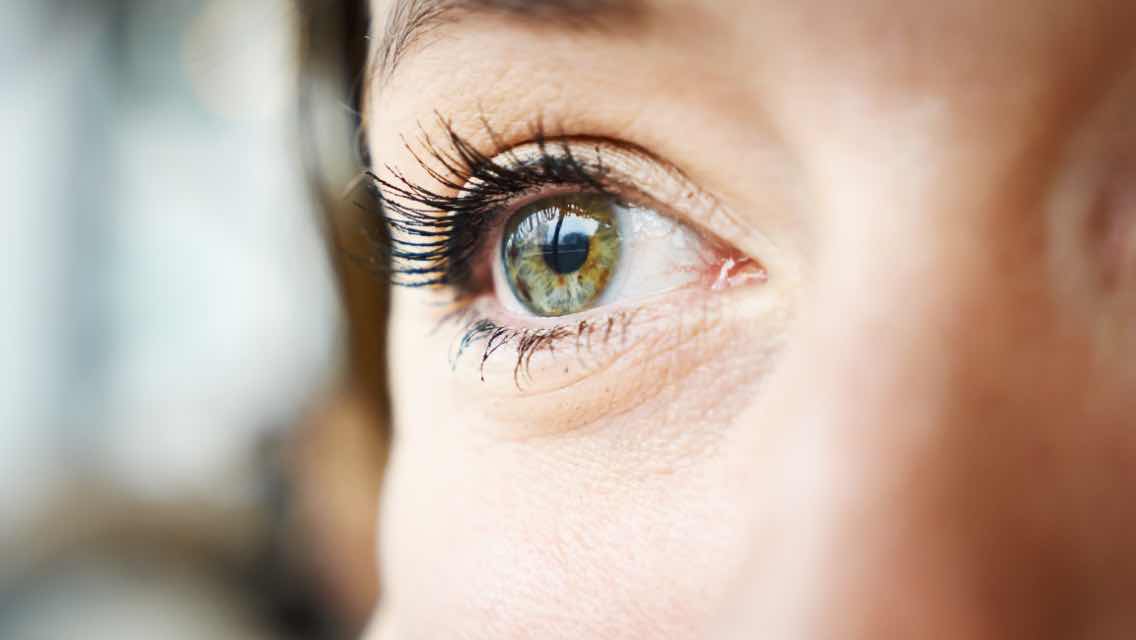In 2008, the U.S. Food and Drug Administration (FDA) began researching and drafting a consumer warning about possible complications from Lasik eye surgery. Since then, the procedure has become one of the most common elective surgeries in the United States, with some 600,000 people annually undergoing the operation.
The FDA cites side effects that can include dry-eye syndrome, light sensitivity, blurred vision, and visual disturbances, such as glare, halos, starbursts, and double vision. In rare cases, symptoms can become severe and permanent, “leading to loss of vision, interference with your usual activities, and pain.”
In addition, the procedure may not fully correct your vision and you may require further surgery or corrective lenses. Plus, vision correction may not last, requiring more correction over time. And Lasik can’t correct for presbyopia — age-related difficulty with near vision — so patients may need to wear glasses for close work and reading even if they didn’t need them before.
“If put into effect, the agency’s warnings are likely to come as a surprise to many Americans, who view the procedure as safe and commonplace,” the New York Times reports.
The draft guidance has garnered praise from groups such as the American Optometric Association, whose members treat and manage ocular disorders and diseases, perform vision tests, and prescribe eyeglasses and contact lenses.
Lasik providers, meanwhile, say the draft “is highly biased and misleading” and request the warning be withdrawn.
(See more on the FDA’s draft guidance.)
This article originally appeared as “A Clearer View of Lasik” in the July/August 2023 issue.





This Post Has 0 Comments